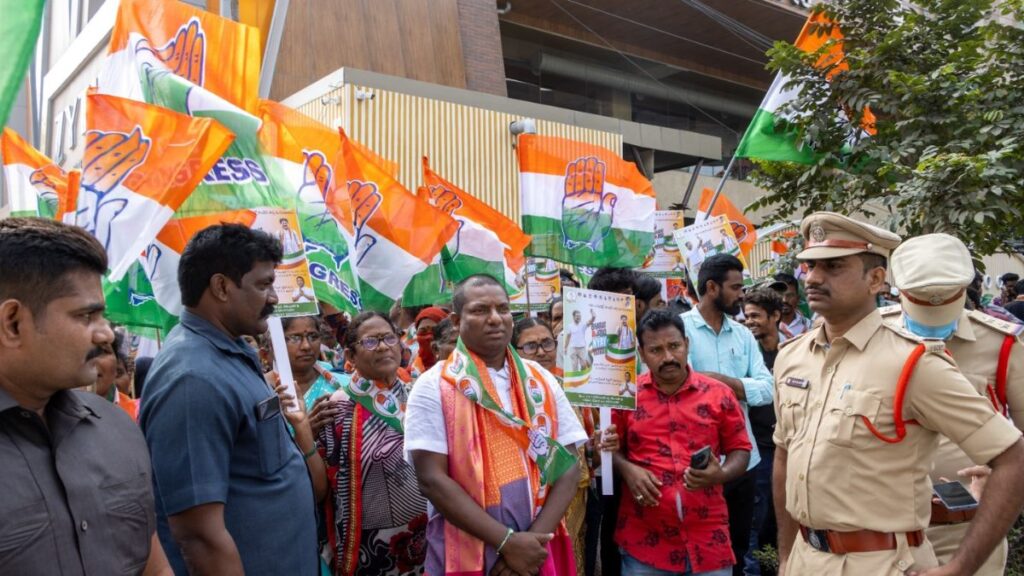Hyderabad (Telangana) [India], June 19:  India’s federal structure hinges on a delicate balance between the central and state governments. A crucial aspect of this balance is fiscal federalism – the division of financial resources and responsibilities. Shri CA. Venugopal Swami B, a seasoned chartered accountant and political figure, sheds light on this complex relationship.
“Article 16 focuses on equality of opportunity in public employment,†says Shri CA. Venugopal Swami B, “but the allocation of funds falls under different constitutional provisions, like Parts XII and XIV.†These parts outline the distribution of revenues, grants, and principles that govern such allocations.
Shri CA. Venugopal Swami B believes that the recent recommendations by the 15th Finance Commission offer promising advancements. Increased tax devolution to states, rising from 32% to 41%, enhances fiscal autonomy and spending power. “This strengthens their ability to invest in areas like healthcare, education, and infrastructure,†he shares.Â
Additionally, the commission emphasises sector-specific grants and boosts local government finances by mandating a 31% share of the divisible pool for them. Shri CA. Venugopal Swami B adds, “Performance-based grants of Rs. 4.36 lakh crore incentivise states to improve health, education, and rural infrastructure.â€
However, challenges remain as Shri CA. Venugopal Swami B highlights that the central government still retains a larger share of revenue-raising powers and controls crucial taxes like GST and corporate tax. He says, “This limits states’ financial capacity.â€
He also points to the issue of mandated fiscal deficit targets for states, saying, “These rigid targets restrict their ability to invest in infrastructure, especially during economic revival phases.â€
Another concern is the limited scope of performance-based grants. “Excluding sectors like environmental management and social security hinders crucial development areas,†explains Shri CA. Venugopal Swami B.
Shri CA. Venugopal Swami B believes that fostering effective fiscal federalism requires a careful re-evaluation of existing arrangements. “Prioritizing central expenditures and discussing a new grant framework are crucial steps,†he says.
The recent announcement of the 16th Finance Commission’s Terms of Reference signals a commitment to refining the system. By prioritising government finances and fostering collaboration between central and state governments, India can work towards a more balanced and effective fiscal federalism.
If you have any objection to this press release content, kindly contact [email protected] to notify us. We will respond and rectify the situation in the next 24 hours.


